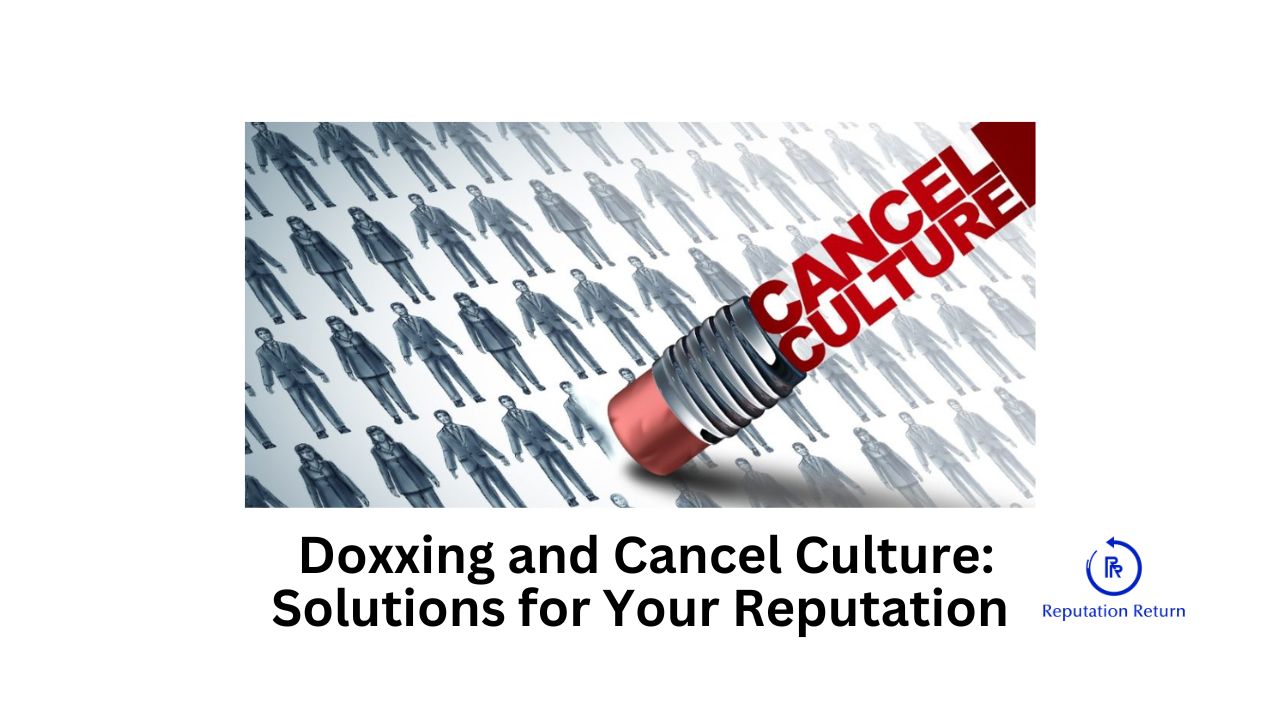Understanding Doxxing and Cancel Culture
With social media and digital communication, new forms of harassment and public shaming have emerged, with doxxing and cancel culture being two of the most prominent. These phenomena have significant implications for individuals’ privacy, reputations, and mental well-being.
Doxxing involves the malicious act of publicly revealing private, sensitive, or personally identifiable information about an individual without their consent. This information can range from home addresses and phone numbers to social security numbers and personal emails. The intent behind doxxing is typically to harass, intimidate, or cause harm to the victim.
Cancel culture refers to the practice of withdrawing support for public figures or companies after they have done or said something considered objectionable or offensive. This often involves mass public shaming on social media platforms, leading to potential professional and personal consequences for the individual or entity being “canceled.”
Examples of Doxxing and Cancel Culture
Doxxing Incidents
- Gamergate: During the Gamergate controversy in 2014, several women in the video game industry were doxxed. Their personal information, including home addresses and phone numbers, was shared online, leading to severe harassment and threats.
- Hong Kong Protests: In 2019, pro-democracy protesters in Hong Kong were doxxed by both supporters of the Chinese government and protest sympathizers. Protesters’ identities and personal details were exposed online, resulting in harassment and threats.
Cancel Culture Incidents
- Kevin Hart: In 2018, comedian Kevin Hart faced backlash and was effectively “canceled” after old homophobic tweets resurfaced. As a result, he stepped down from hosting the Oscars and faced widespread public criticism.
- J.K. Rowling: The author of the Harry Potter series has faced repeated cancellations due to her comments on transgender issues. These incidents have led to public shaming, boycotts, and intense media scrutiny.
The Impacts of Doxxing and Cancel Culture
Financial Harm
- Identity Theft and Fraud: Exposed personal information can be exploited for identity theft, leading to unauthorized financial activities and severe financial damage.
- Employment Risks: Individuals who are doxxed or canceled may face job loss or difficulties in finding employment due to the spread of false or harmful information.
Emotional and Mental Harm
- Psychological Stress: Victims experience fear, anxiety, and constant worry about their safety.
- Social Isolation: Harassment can lead to social withdrawal and isolation, further exacerbating emotional distress.
Protecting Yourself from Doxxing and Cancel Culture
Legal Protections
- Federal and State Laws: While specific laws on doxxing vary, many jurisdictions prosecute under harassment, stalking, and identity theft statutes. Reporting to authorities, seeking restraining orders, and filing civil lawsuits are common legal remedies.
Online Reputation Management
Implementing a comprehensive online reputation management plan is crucial for mitigating the damage caused by doxxing and cancel culture. This plan should include:
- Continuous Monitoring: Regular monitoring of online mentions and activities related to your name or brand to detect and address harmful content promptly.
- Content Removal: Working with professionals to remove defamatory content and suppress negative information through DMCA takedown requests and platform-specific reporting mechanisms.
- Positive Content Promotion: Creating and promoting positive content to overshadow negative information, such as publishing favorable articles, blogs, and social media posts.
- Search Engine Optimization (SEO): Using SEO techniques to ensure positive content ranks higher in search results, pushing down negative content.
- Privacy Protection: Enhancing privacy settings across social media platforms and other online profiles to prevent future doxxing attempts.
- Legal Assistance: Accessing legal experts who can advise on pursuing legal action against perpetrators and seeking compensation for damages.
Restoring Your Good Name with Reputation Return
Recovering from doxxing and cancel culture requires expertise and a strategic approach. Reputation Return is the leading online reputation management company that can help restore your image, brand, and reputation. By implementing a comprehensive online reputation management plan, Reputation Return ensures continuous monitoring, effective content removal, positive content promotion, and robust privacy protection. Their experienced team works diligently to mitigate the damage caused by online harassment and public shaming, giving you peace of mind and helping you reclaim your good name.
In short, doxxing and cancel culture represent significant challenges in the digital age. Understanding their impacts and employing a proactive reputation management strategy are essential steps in protecting and restoring your reputation. With the expertise of Reputation Return, you can navigate these challenges and safeguard your online presence.

